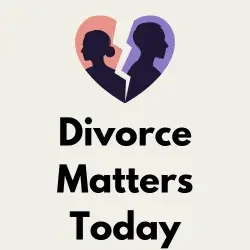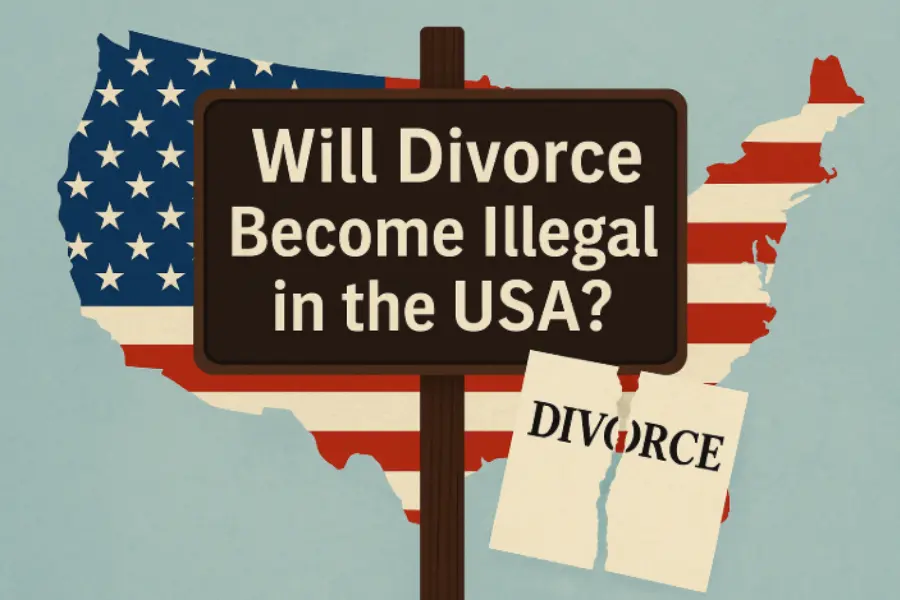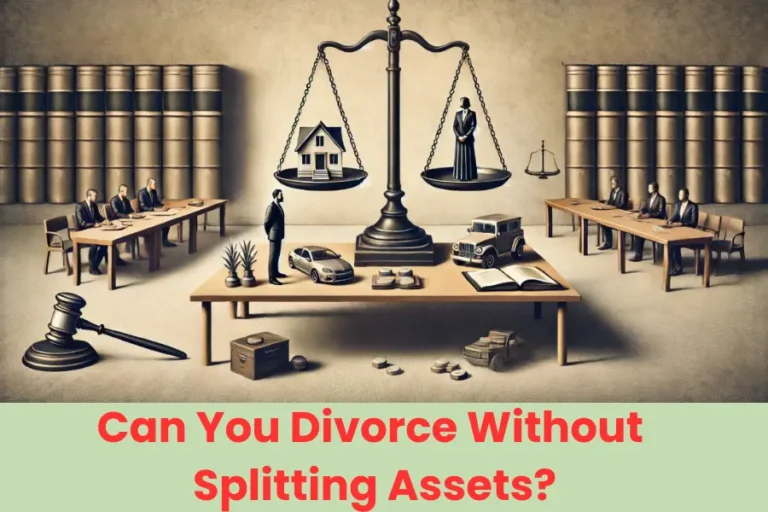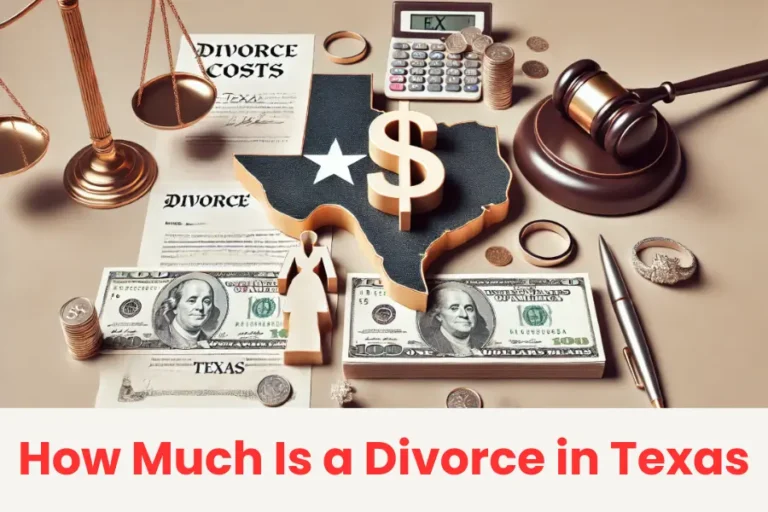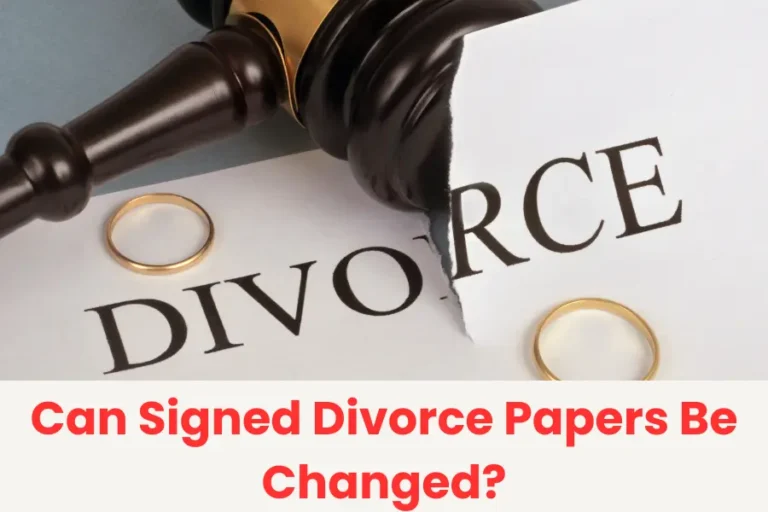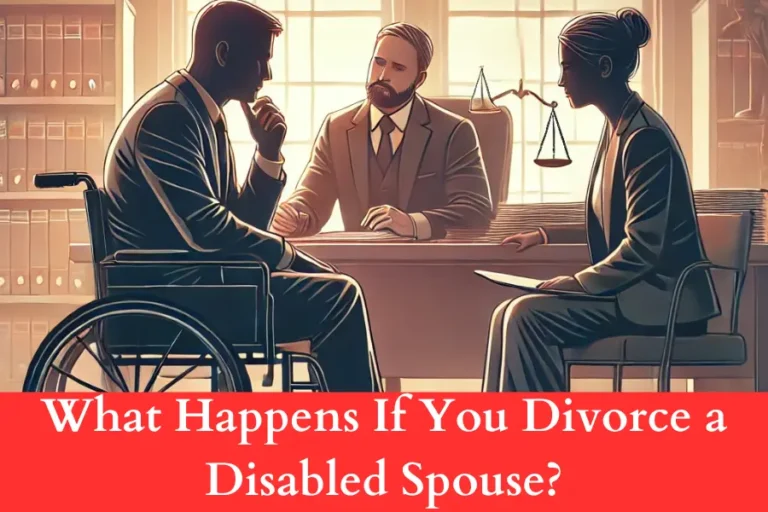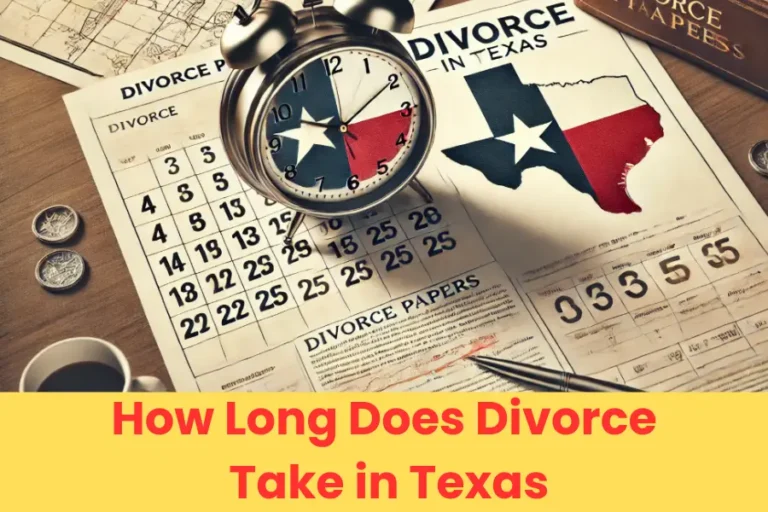Will Divorce Become Illegal in the USA? The Truth (2026)
“Will divorce become illegal in the USA?” is a question many are asking, and the short answer is no, it’s not happening. Divorce, including no-fault divorce, is still legal in all 50 states, and there’s no law in place banning it. Even though some states have seen bills trying to make divorce harder, none have passed. Courts also strongly protect your right to file for divorce.
Stick to the end to find out why some want to ban divorce in the USA. Details are interesting.
Key Takeaways
- Divorce is not illegal in any state, including no-fault divorce.
- A few lawmakers have tried to restrict no-fault, but all attempts failed.
- Oklahoma, South Dakota, and South Carolina filed bills, but none became law.
- Some state political parties want to limit no-fault, but these are just ideas.
- The U.S. Supreme Court protects your right to access divorce in court.
- Covenant marriage exists in three states but only applies if you choose it.
- You still have full legal rights to leave a marriage if you choose to.
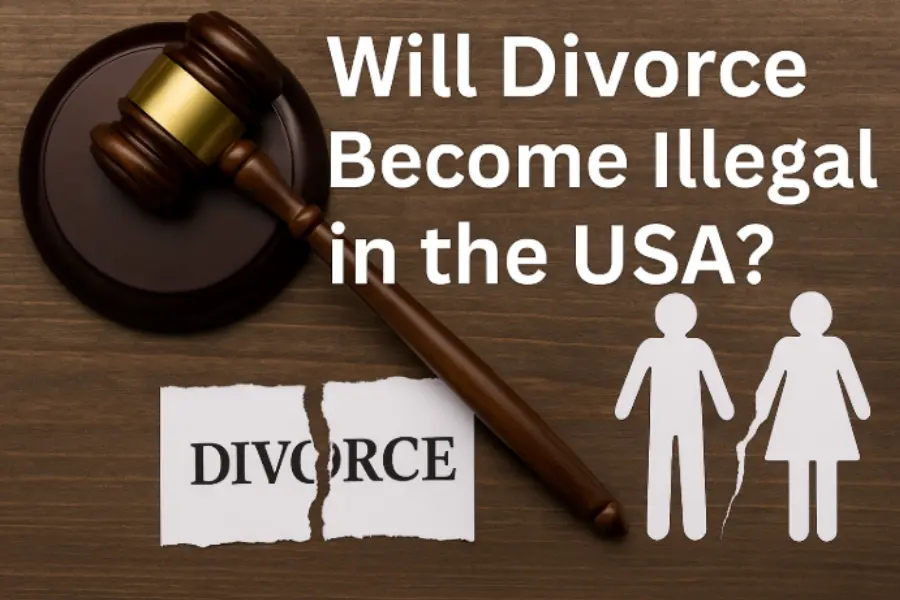
Will Divorce Become Illegal in the USA?
Divorce is not becoming illegal in the United States. Every state, including Washington D.C., still allows divorce. You can also still file for no-fault divorce in all 50 states, which means you don’t have to prove that your spouse did something wrong to end the marriage. The exact rules might change depending on where you live, but the option is still there everywhere.
So why are people suddenly asking if divorce might be banned?
A few lawmakers have tried to make divorce harder, but none of those efforts have worked. For example, in Oklahoma, a bill called SB 1958 was filed in 2024. It would have taken away “incompatibility” as a reason for divorce. That’s Oklahoma’s no-fault option.
In South Dakota, lawmakers introduced HB 1254 to remove “irreconcilable differences” as a divorce option. That failed too. The same lawmaker has tried to push similar ideas since 2020, but nothing has ever passed.
South Carolina had a bill called H3488, which said that both people would have to agree before filing for a no-fault divorce. That bill also stalled.
You might also hear that political parties in some states want stricter divorce laws. The Texas Republican Party, for example, wants to end no-fault divorce where only one person wants out. They also want to push covenant marriage and extend waiting periods. In Nebraska, the GOP platform says couples with children shouldn’t be allowed to get no-fault divorce at all. Louisiana also discussed removing no-fault divorce, but nothing was approved.
Even if one of these ideas became law, the courts would likely stop it. The U.S. Supreme Court ruled in Boddie v. Connecticut that the government has to give people access to divorce through the courts. That means no state can fully block you from getting a divorce.
You might also hear about covenant marriage. It’s legal in Arizona, Arkansas, and Louisiana. If you choose it when you get married, you agree to stricter rules later. If you want a divorce, you’ll need counseling or proof of serious issues like abuse or adultery. But you only face those rules if you picked covenant marriage from the start. Most people didn’t.
We’ve also seen public figures like Mike Johnson and JD Vance speak out against no-fault divorce. They haven’t passed any laws, but their comments have stirred up debate.
So here’s the truth. You can still get divorced anywhere in the U.S. No state has banned it. No-fault divorce still exists in every state, and the law is on your side. If you ever need to leave a marriage, you still have the right to do that.
Which Countries Have Banned Divorce?
Only two countries in the world have completely banned divorce. The Philippines does not allow divorce for most people. If you are Muslim, you can get divorced under Islamic law, but for everyone else, divorce is not legal. The only option is an annulment, but that process is long, expensive, and hard to get.
Vatican City also bans divorce. But this doesn’t affect many people because very few people live there, and most are Catholic clergy who take vows of celibacy.
In the past, other countries banned divorce too. For example, Chile allowed it only starting in 2004. Malta made divorce legal in 2011. Ireland changed its law in 1996.
Will No-Fault Divorce Be Banned?
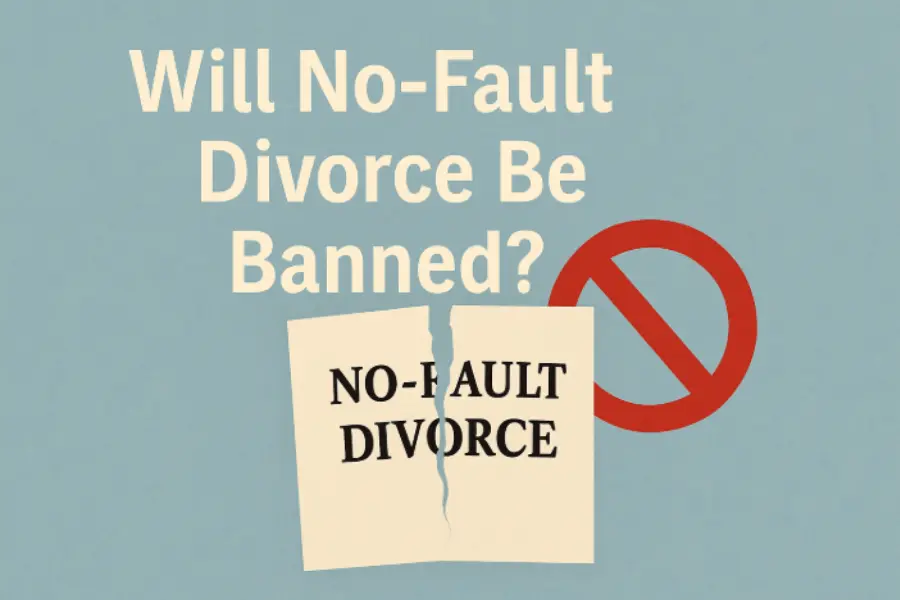
No-fault divorce is not being banned in the United States. Every state still allows you to file for divorce without having to prove your spouse did anything wrong.
But in some states, lawmakers are trying to make no-fault divorce harder. In Oklahoma, a 2024 bill called SB 1958 would have removed “incompatibility” as a legal reason for divorce. That would have ended no-fault divorce in the state. The bill didn’t pass.
South Dakota also tried to remove no-fault divorce. Lawmakers filed HB 1254, which would take out “irreconcilable differences” from the law. That failed too.
In South Carolina, a bill said both spouses would need to agree to file under no-fault grounds. That didn’t move forward either.
Some state political parties have added anti-no-fault positions to their platforms. The Texas Republican Party wants to end unilateral no-fault divorce. Nebraska’s GOP wants to allow no-fault divorce only if the couple has no children. Louisiana’s GOP discussed banning no-fault divorce but never acted on it.
These are just political ideas. They are not laws.
It’s legal in the U.S., but that doesn’t mean every divorce is valid. Learn what can invalidate a divorce decree.
What States Are Banning No-Fault Divorce?
No state in the U.S. has banned no-fault divorce. In Oklahoma, a bill called SB 1958 was filed in 2024 to remove “incompatibility” as a reason for divorce. The bill went to committee but never became law. South Dakota filed HB 1254 in 2024 to remove “irreconcilable differences” as a legal ground. That failed too.
These are only political goals. None of them have become real laws.
So if you’re hearing that some states are banning no-fault divorce, that’s not true.
Why No-Fault Divorce Is Bad
Here are the most common reasons people say no-fault divorce is bad:
| Divorce feels too easy | Couples may give up instead of working things out. |
| Weakens marriage vows | Marriage seems less like a lifelong promise. |
| Hurts kids | Children often struggle with broken homes and instability. |
| Promotes selfishness | People may put their own wants before family needs. |
| Money problems | One partner can end up struggling financially. |
| More divorces overall | Many believe it made divorce more common. |
| No one takes blame | A spouse can leave without giving a real reason. |
| Leaves partners vulnerable | Someone who wants to stay married may feel abandoned. |
Who Pays for a No-Fault Divorce?
In most cases, you pay your own costs during a no-fault divorce. That includes:
- Court filing fees
- Attorney fees if you hire one
- Any extra services like mediation or document prep.
If you and your spouse agree on everything, your divorce will cost less. This is called an uncontested divorce. You may only need to pay the filing fee, which usually ranges from $100 to $500 depending on your state. Some courts may also charge for forms or certified copies.
If you don’t agree on things like money, property, or custody, you may need a lawyer. That’s when divorce becomes more expensive. Legal fees can add up quickly if the process takes longer or becomes stressful.
Each person usually pays their own lawyer. But in some cases, a judge may order one spouse to pay part or all of the other’s legal fees.
While divorce is legal now, some still want to repair the relationship. Here’s how to win her back after divorce talks.
Final Words
So, will divorce become illegal in the USA? No, it won’t. Divorce laws are still in place across the country, and no state has managed to take away your right to end a marriage. While a few politicians have pushed for changes, none have succeeded. Courts have made it clear that blocking access to divorce isn’t allowed. Even the toughest state proposals haven’t gotten past the early stages.
You still have the freedom to make decisions about your own marriage, and that’s not changing anytime soon.
